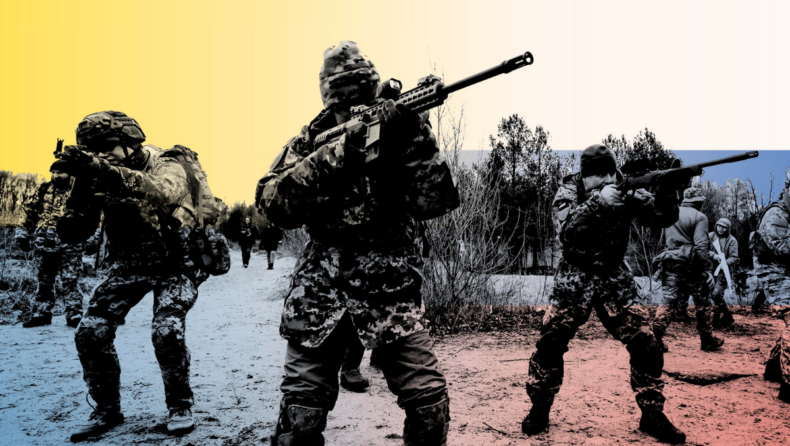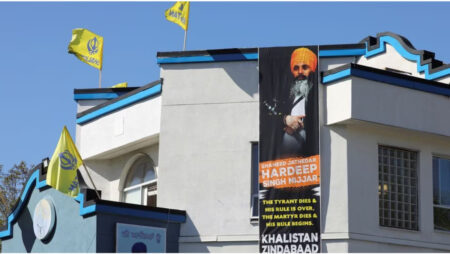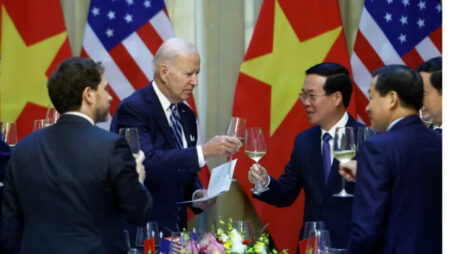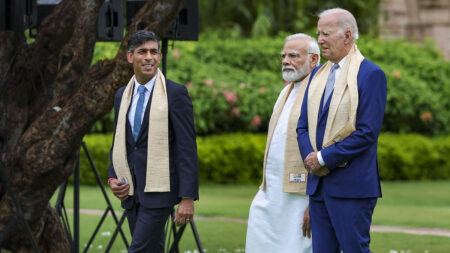Russian Foreign Minister visiting India:
President Vladimir Putin’s foreign minister, Sergey Lavrov, paid a visit to Prime Minister Narendra Modi on Friday and informed him of the situation in Ukraine. Modi underlined India’s request for an immediate cessation of bloodshed in Ukraine, and Lavrov thanked him for his efforts.
Additionally, Modi emphasised to Lavrov the Indian government’s willingness to participate in any way possible in the peace efforts being undertaken to bring the Russia-Ukraine conflict to a close.
Discussing Bilateral Relations:
Lavrov came to New Delhi on Thursday, as the United States, the United Kingdom, and other western countries increased their pressure on India to take a firm stance on the matter. Lavrov is the Russian foreign minister.
Prior to meeting with the Prime Minister, he met with his counterpart, External Affairs Minister S Jaishankar, to discuss bilateral relations.
When it comes to resolving differences and disagreements, the External Affairs Minister informed the Russian Foreign Minister, “conversation and diplomacy are essential, as is respect for international law, the United Nations Charter, sovereign and territorial integrity of states.
” Following the meeting, Lavrov told journalists that if India, with its “just and national attitude” to international problems, chose to help a process to resolve the dispute between Russia and Ukraine, no one would be against it.
India’s Neutral stance:
The invasion of Russia brought the disparities between India and the United States into the open. India did not vote on the resolutions sponsored or backed by the United States and other Western countries in the United Nations Security Council and General Assembly, which denounced Russia’s operations.
Despite India’s calls for a pause of hostilities and a return to the path of negotiation and diplomacy to resolve the dispute, the country has refrained from directly criticising Russian President Vladimir Putin.
Also praising India’s stance on the Russia-Ukraine conflict, Lavrov asserted that the vast majority of countries were aware of what was taking place and understood the underlying causes of the problem.
Published By – Damandeep Singh
Edited By- Kritika Kashyap













